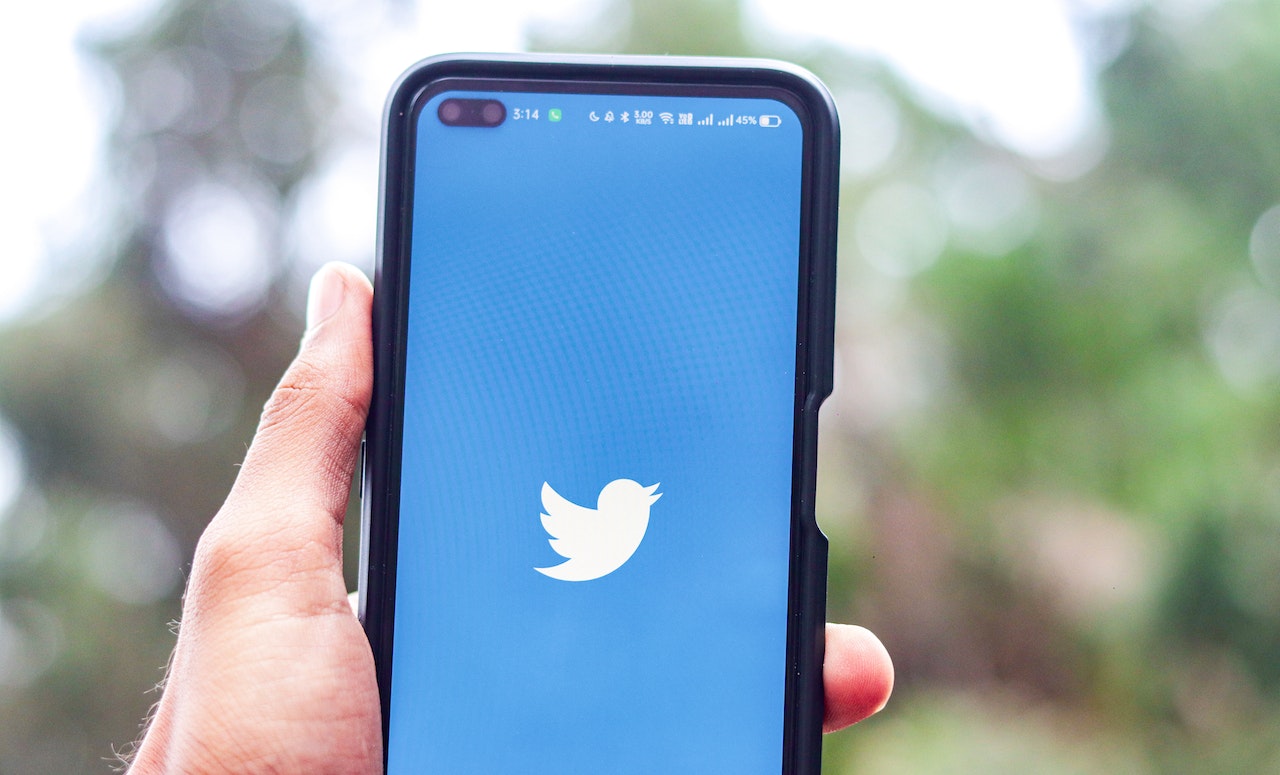In a move to increase its revenue stream, Twitter has announced a new feature that allows businesses to pay for verified badges on their profiles. The company’s new verification policy has been in the works for some time and is now live, allowing brands to show they are legitimate and trustworthy accounts.
Verification badges on Twitter have traditionally been reserved for public figures, celebrities, journalists, and other accounts that have been confirmed to be authentic. These blue checkmarks, which can also appear in other colors, are seen as a mark of prestige and have often been sought after by brands and businesses as a way to establish credibility and build trust with their audience.
The new policy means that now, any business can apply for a verified badge by submitting a request through the company’s verification application process. The verification process will require businesses to provide their business email address, phone number, and physical address.
Once approved, businesses will be able to display a badge on their profile and in their tweets, indicating to users that they are a legitimate account and that they have been verified by Twitter. Additionally, businesses can use the verification badge as part of their marketing strategy to demonstrate credibility to potential customers.
The cost of the verification checkmark is not yet known, but it is expected to be a significant revenue generator for Twitter. In addition to the one-time fee for verification, Twitter will also offer an ongoing subscription service for businesses to maintain their verified status.
While the new feature is likely to be popular with businesses looking to establish credibility, some experts are concerned about the potential for abuse. As seen in the past, some users have attempted to game the system by buying followers or fake engagement, and the new verification policy could provide another opportunity for fraud.
There is also the concern that the new policy could further reinforce existing power imbalances on the platform, with larger brands and businesses having an advantage over smaller ones. This could create an even more competitive landscape and limit the ability of smaller businesses to grow and succeed on the platform.
In conclusion, Twitter’s decision to monetize verification checkmarks is a significant development for the company, and one that is likely to generate substantial revenue. However, as with any new policy, there are potential concerns about abuse and fairness, and it remains to be seen how Twitter will address these issues in the future.




